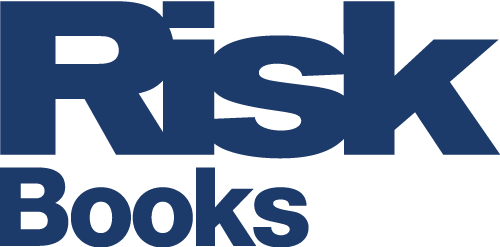The new Impairment Model under IFRS 9 and CECL
The new Impairment Model under IFRS 9 and CECL
Jing Zhang
Couldn't load pickup availability
Why should you purchase a copy?
Anyone involved in the implementation process can apply techniques from the book directly, borrow ideas, and benchmark their own approaches.
Readers not involved in direct implementation but affected by subsequent impacts will be better prepared for the changes.
Auditing and consulting firms and other service providers will learn how to design better products and services for clients.
Regulators and those working at supervisory bodies will gain a better understanding of industry practices and business implications.
Academics will be able to better frame their research efforts and to construct more practical and relevant research topics.
Share
More information
About the Author
Table of contents
1. The New Era of Expected Credit Loss Provisioning - Benjamin H. Cohen and Gerald A. Edwards, Jr., Bank for International Settlements and JaeBre Dynamics
2. The Making of CECL Standard: Comments and Reflections - Larry Smith, FTI Consulting
3. Sources of Modelling Variation in CECL Allowances - Fang Du, Chris Finger, Ben Ranish and Robert Sarama, Board of Governors of the Federal Reserve System
4. A CRO's Perspective: Implementing, Operationalising and Governing of IFRS 9 - Bogie Ozdemir, CWB Financial Group
5. Implementing Both IFRS 9 and CECL - Jimmy Yang and Kenneth Chen, BMO Financial Group and EY
6. Macroeconomic Forecasting and Scenario Design for IFRS 9 and CECL - Cristian deRitis, Juan M. Licari, and Gustavo Ordonez-Sanz, Moody's Analytics and HSBC
7. Technology Solutions for CECL and IFRS 9 - Sidhartha Dash, Chartis Research
8. Implementing IFRS 9: Quantifying Expected Credit Losses in Retail and Wholesale Portfolios - Juan Licari and Yashan Wang, Moody's Analytics
9. From Incurred Loss to CECL: Historical Perspectives and Practical Guidance - Michael Araten, Credit Risk Capital Advisory
10. Loss Forecasting Retail and Commercial Portfolios for CECL - Cristian deRitis and Douglas W. Dwyer, Affiliation
11. Implementing CECL at Small and Community Banks - Michael L. Gullette, American Bankers Association
12. The New Impairment Model: Audit and Disclosure Challenges - Yvonne Chan, KPMG LLP
13. The New Impairment Model: Governance and Validation - Damien Burke, 4most
14. The Impacts of CECL: Empirical Assessments and Implications - Michael Fadil, Citizens Bank
15. How the New Impairment Model Could Affect Banks' Business Models - Hans Helbekkmo and Pankaj Kumar, McKinsey & Company
16. Measuring and Managing the Impact of New Impairment Models on Dynamics in Allowance, Earnings and Bank Capital - Amnon Levy and Jing Zhang, Moody's Analytics
17. Integration into Regulatory Capital Frameworks - Adrian Docherty, BNP Paribas
18. Implications for Equity and Debt Investors - Adrian Docherty, BNP Paribas
